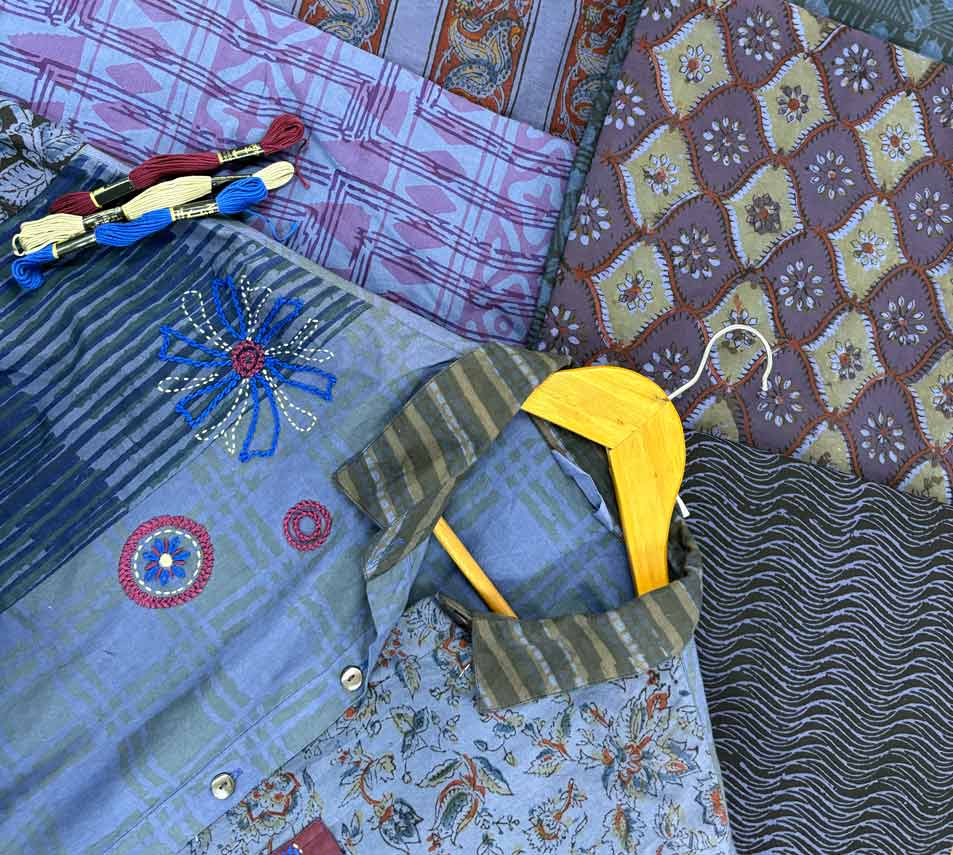Sustainability Isn't a Trend—It's Our Practice - Vol 4
August 28th, 2025
At MarketPlace, sustainability has never been a trend—it's been part of our foundation from the very beginning. We've always chosen 100% cotton, not just for its environmental benefits, but also because it's ideal for traditional techniques like hand block printing, batik, and tie-dye.

Over time, we've made a conscious effort to go further. We now incorporate organic cotton into our collections, even though it can be difficult to source at our scale. It's soft, breathable, and feels wonderful on the skin—but it also comes at a higher cost, which not everyone can afford.
We also collaborate with fabric suppliers who use organic dyes and inks. These come with their own set of challenges—organic inks must be mixed in small batches and used quickly, which makes color consistency tricky. True organic dyeing often requires labor-intensive prep before printing, and natural indigo dyeing is a complex process that depends on specific climate conditions.

Our commitment to reducing waste has led us to embrace upcycling and recycling in a big way. Every cooperative we work with saves fabric scraps during cutting. These are sorted by size and color and stored until we can design around them. This isn't a simple "crazy quilt" approach—it takes creativity and technical skill. We often overdye the pieces to unify tones, add interest through tie-dye or overprinting, and find ways to make each piece feel intentional and beautiful.

We also use deadstock fabric—material left over or overordered—which we re-dye or combine with other elements to create cohesive looks. Most recently, we've partnered with a supplier who weaves leftover textile scraps into thick, richly textured fabrics—perfect for vests and bags.
Working this way takes more time, coordination, and attention to detail than ordering fabric from a mill. For a variety of reasons, the fabric is sometimes delayed, and we have to take backorders on items. But we think it is worth the wait and hope you do too. The small companies and cooperatives we partner with share our dedication to the environment, and we're proud to do the extra work that many larger brands are unwilling to take on.
• Have you ever upcycled or repurposed clothing on your own? What did you make?
• What's your favorite piece from MarketPlace that feels especially meaningful or sustainable to you?
Start the Conversation!
READ THE NEXT VOLUME:
The Shared Thread Newsletter - Vol 5

